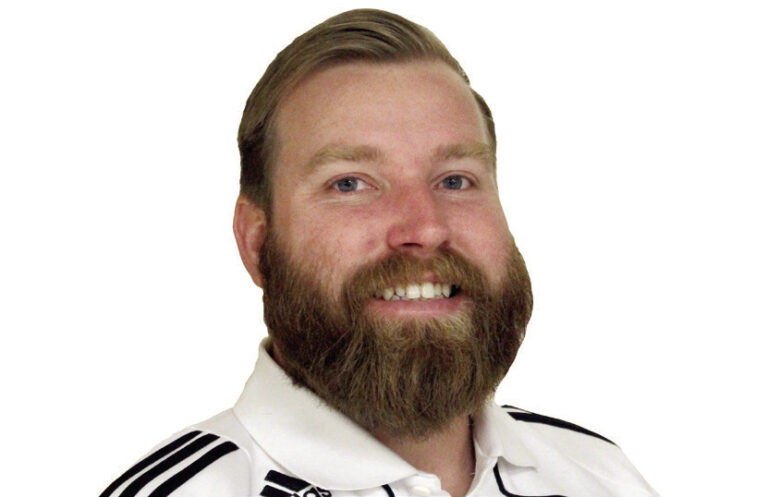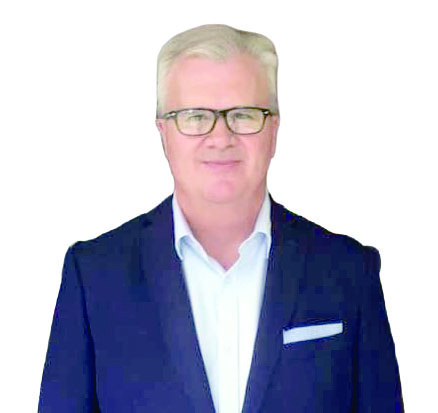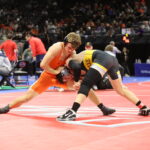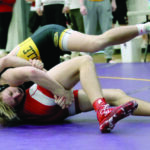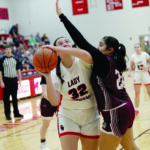Jeremiah Buntin: Cassville’s favorite teacher
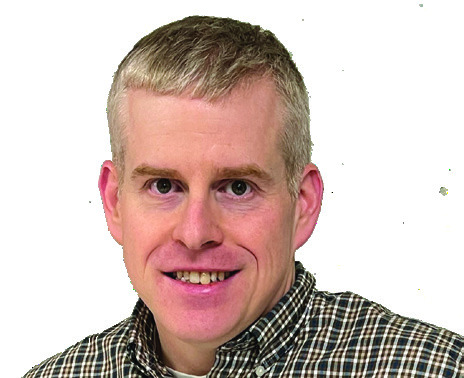
As the end of summer signals the beginning of another year back to school, our memories become entwined with the changing of the seasons, recalling all that we have learned and mourning how much has been forgotten.
With teachers being the foundation on which most of our childhood educational experiences were built, their ghosts reside with us long after the last ringing of school bell. But many teachers of the past considered the cornerstone of education in Barry County to be Professor N.L. Maiden.
In fact, his former students, many of them teachers, formed the N.L. Maiden Memorial Association in 1906 to raise funds to build a monument that was eventually placed at Oak Hill Cemetery in Cassville in 1915 inscribed, “In Loving Memory of N.L. Maiden and wife Emma E. Maiden by the Teachers of Barry County.”
Noah Lewis Maiden was born in Abingdon, Va., in 1844, the son of John and Susan (Landis) Maiden, he was the youngest of eleven children. He was a second cousin to General Robert E. Lee, and as a Confederate soldier during the Civil War, he lost his left arm at the elbow during the Battle of the Wilderness from a shell fragment while serving with Company B of the 48th Virginia Infantry.
In an interesting anecdote from Emory Melton’s book, Professor Maiden met former Confederate President Jefferson Davis in the 1880s at an old soldier’s reunion. Upon meeting, Davis asked Maiden where he was from, to which Maiden replied, “A little town in southwest Missouri that you never heard of called Cassville.”
Surprisingly, Davis replied, “I remember my visit to Cassville vividly. While heading a troop movement of Union forces to the War with Mexico in the late 1840s, we bivouacked in Cassville one night. I thought at the time that the position we occupied was militarily indefensible since there were seven valleys which joined in the spot we were camped and I have always remembered the town of Cassville.”
After graduating from Emory and Henry College in Virginia in 1866 he married Emma Leckie, with whom he had seven children. Noah and Emma relocated to Springfield in 1869, where he taught school at Union Hall, Walnut Grove and Ebenezer in Greene County, and served a term as school commissioner of that county in 1876.
Then, in 1881, the family moved to Cassville, where he became principal of public schools, basically the same position as superintendent in modern terms. Professor Maiden remain as principal at Cassville until 1898 when he was defeated in an election, with the office being political at that time.
However, he also held the office of Barry County School Commissioner, being elected to that position in 1883, serving at same time as Cassville principal. He held that position until his death in 1900, the result of a broken hip after falling from his horse. Considering the professor only had use of one arm, I imagine riding a horse would be a challenge.
During his term at Cassville a high school building was constructed in 1886 on the 7th Street hill, known as Fort Hill at that time due to a fort being located there during the Civil War. This building was demolished in 1914 to make way for a brick building that served the city until 1939.
The building was both high school and elementary until a new high school building was built on North Main in 1926, sometimes referred to as “the white building.”
At the memorial service for the monument in 1915 hosted by Superintendent W.E. Hankins at the Cassville Opera House, letters from across the state were read in admiration of Maiden.
“Professor Maiden was not only a fine scholar, and excellent teacher; he possessed to a most remarkable degree the power to awaken the latent faculties and capabilities of his students, and to inspire them to higher things. He did much to raise the standard of teaching, and to create an atmosphere of good cheer and sympathetic co-operation among his fellow teachers,” was written by W.A. Wilson, president of the Western Baptist Publishing Company in Kansas City.
Former pupil and newspaper man E.N. Meador commented that, “He was a comrade of his pupils and inspired them to their best efforts.”
Cassville lawyer Jake Davis stated, “There were living monuments across the United States that attest to his greatness as a teacher.”
Likewise, this reminds us that we are all living monuments to our favorite teacher. But we do not need granite stones to memorialize them; rather, we just need to remember what they taught us.
Jeremiah Buntin is a historian at the Barry County Museum. He may be reached at jbuntin@barrycomuseum. org.

